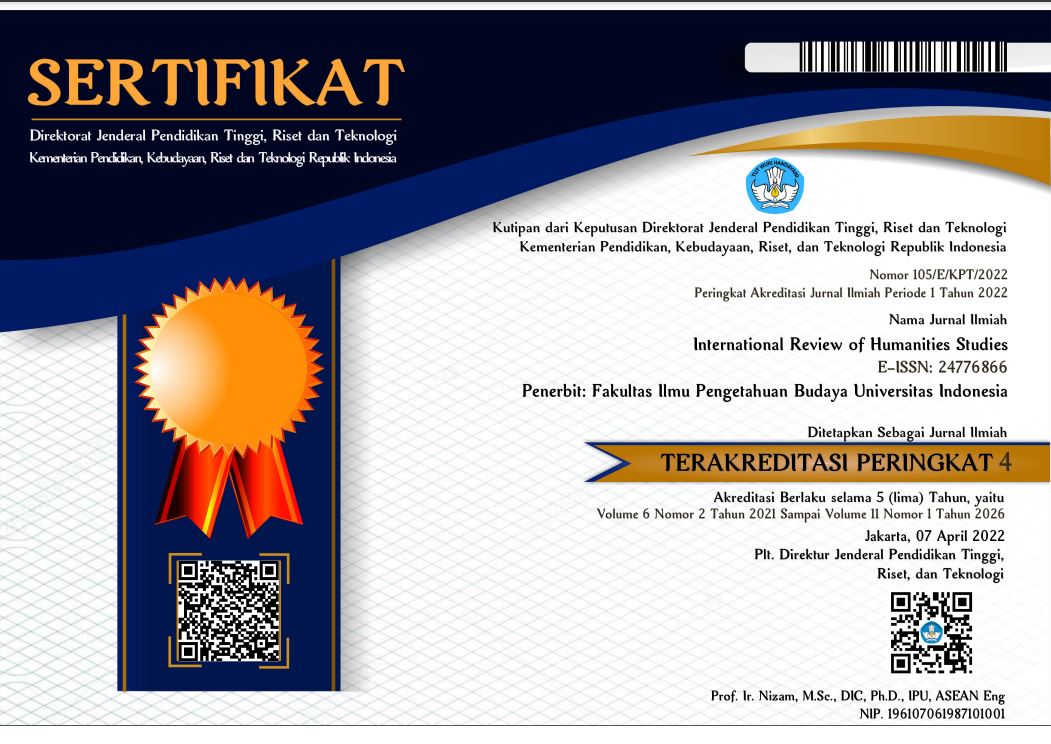International Review of Humanities Studies

Abstract
The COVID-19 pandemic has changed the interaction patterns and culture of society. The pretext of limiting interactions as the key to handle COVID-19 certainly has various challenges in its implementation in society. Regulators have promulgated various global and national policies (in macro level). It is necessary to ascertain whether the policy can be conveyed and implemented correctly at the micro-level in the community, which has various social and cultural characters. Neighborhood Association (known as Rukun Warga in Indonesia), as the smallest community in society, is undoubtedly the spearhead in ensuring all global and national policies can be carried out correctly. The advancement in technology with social media as its main strength can certainly facilitate various scenarios for preventing COVID-19, as long as it is well utilized. Human cross-checks remain the key to filtering this abundant amount of information. This research intends to study how the role of technology in bridging global information regarding the prevention of COVID-19 can be conveyed well to micro-communities such as Neighborhood Association, as well as seeing the role of the association in sorting out the information presented by technology and making it a COVID-19 prevention treatment according to local wisdom and community character. This study found that technology (especially social media) played a significant role in delivering information and socialization to the Neighborhood Association level. Also, the association has various ways of translating global and national socialization into a treatment that impacts society's compliance regarding social interactions according to health protocols. Furthermore, the author also found that the globally proclaimed restriction for social interactions strengthens social interaction at the Neighborhood Association's micro or environmental level.
Recommended Citation
Wijayanto, Eko
(2021)
"THE ROLE OF TECHNOLOGY (SOCIAL MEDIA) IN INCREASING THE AWARENESS OF HEALTHY LIFE STYLES AND STRENGTHENING SOCIAL INTERACTIONS: AN EFFORT TO HANDLE COVID-19 IN THE MICRO ENVIRONMENT,"
International Review of Humanities Studies: Vol. 6:
No.
1, Article 5.
Available at:
https://scholarhub.ui.ac.id/irhs/vol6/iss1/5


